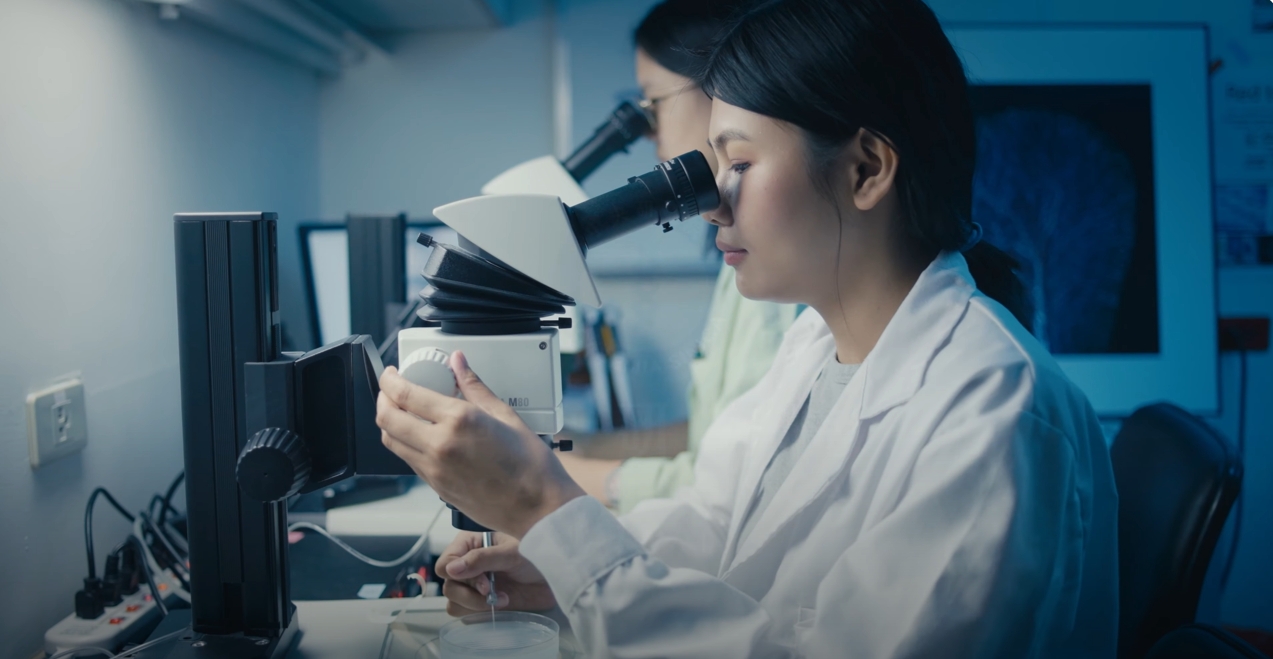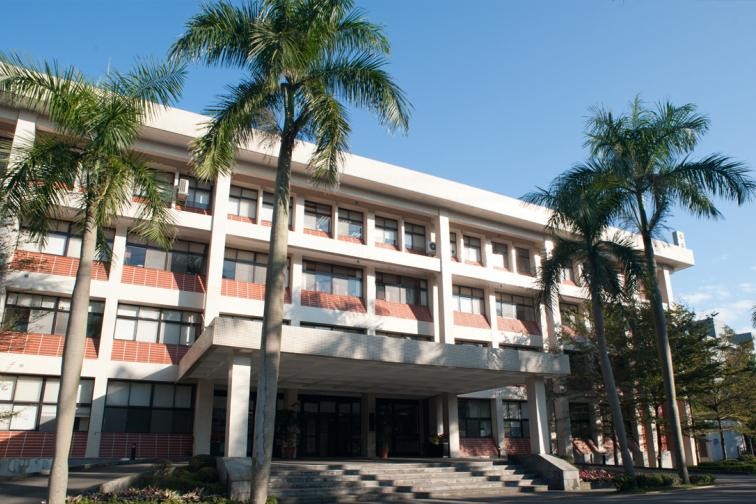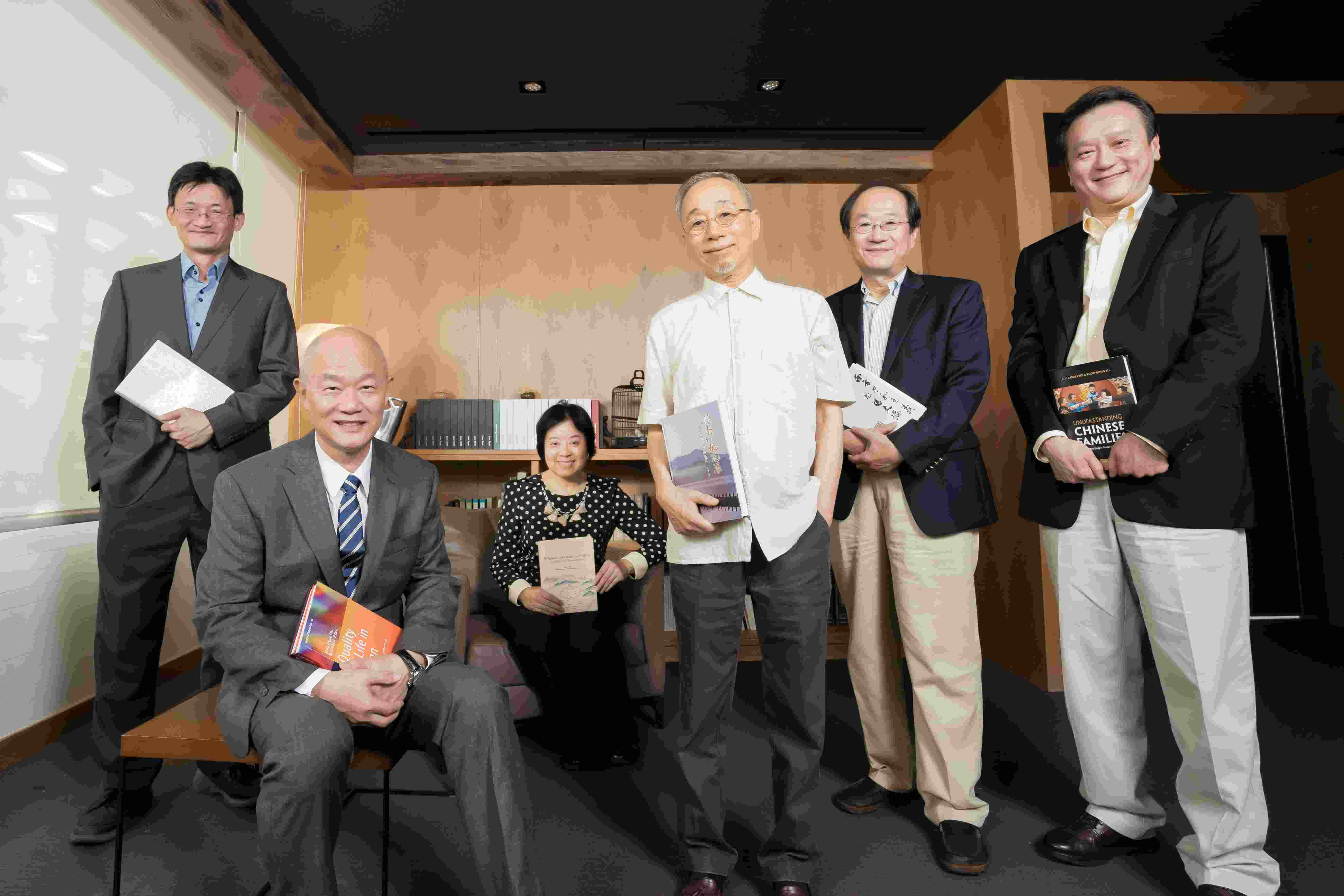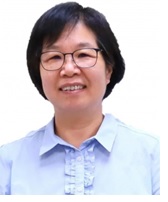- 演講或講座
- 生物醫學科學研究所
- 地點
生醫所地下室B1C演講廳
- 演講人姓名
蔡亭芬博士 (陽明交通大學)
- 活動狀態
確定
- 活動網址
The aging human population with age-associated diseases has become a problem worldwide. In this context, delaying age-associated diseases and increasing the healthy lifespan of the aged population has become an important issue for geriatric medicine. CISD2 pro-longevity gene plays a pivotal role in mediating lifespan and healthspan in mammals by maintaining mitochondrial function, endoplasmic reticulum integrity, intracellular Ca2+ homeostasis, and redox status. This talk mainly focuses on the following topics: (1) CISD2 is one of the few pro-longevity genes identified in mammals. Genetic evidence from loss-of-function (knockout mice) and gain-of-function (transgenic mice) studies have demonstrated that CISD2 is essential to lifespan control. (2) CISD2, the expression of which otherwise decreases during natural aging, can be pharmaceutically activated at a late-life stage of aging mice. As a proof-of-concept, we have provided evidence that hesperetin is a promising CISD2 activator that is able to enhance CISD2 expression, thus slowing down aging and promoting longevity. (3) The anti-aging effect of hesperetin is mainly dependent on CISD2 because transcriptomic analysis of the skeletal muscle reveals that most of the differentially expressed genes linked to hesperetin are regulated by hesperetin in a CISD2-dependent manner. Furthermore, three major metabolic pathways that are affected by hesperetin have been identified in skeletal muscle, namely lipid metabolism, protein homeostasis, and nitrogen and amino acid metabolism. These findings highlight the urgent need for CISD2-based pharmaceutical development to be used as a potential therapeutic strategy for aging and age-associated diseases.









 首頁
首頁

